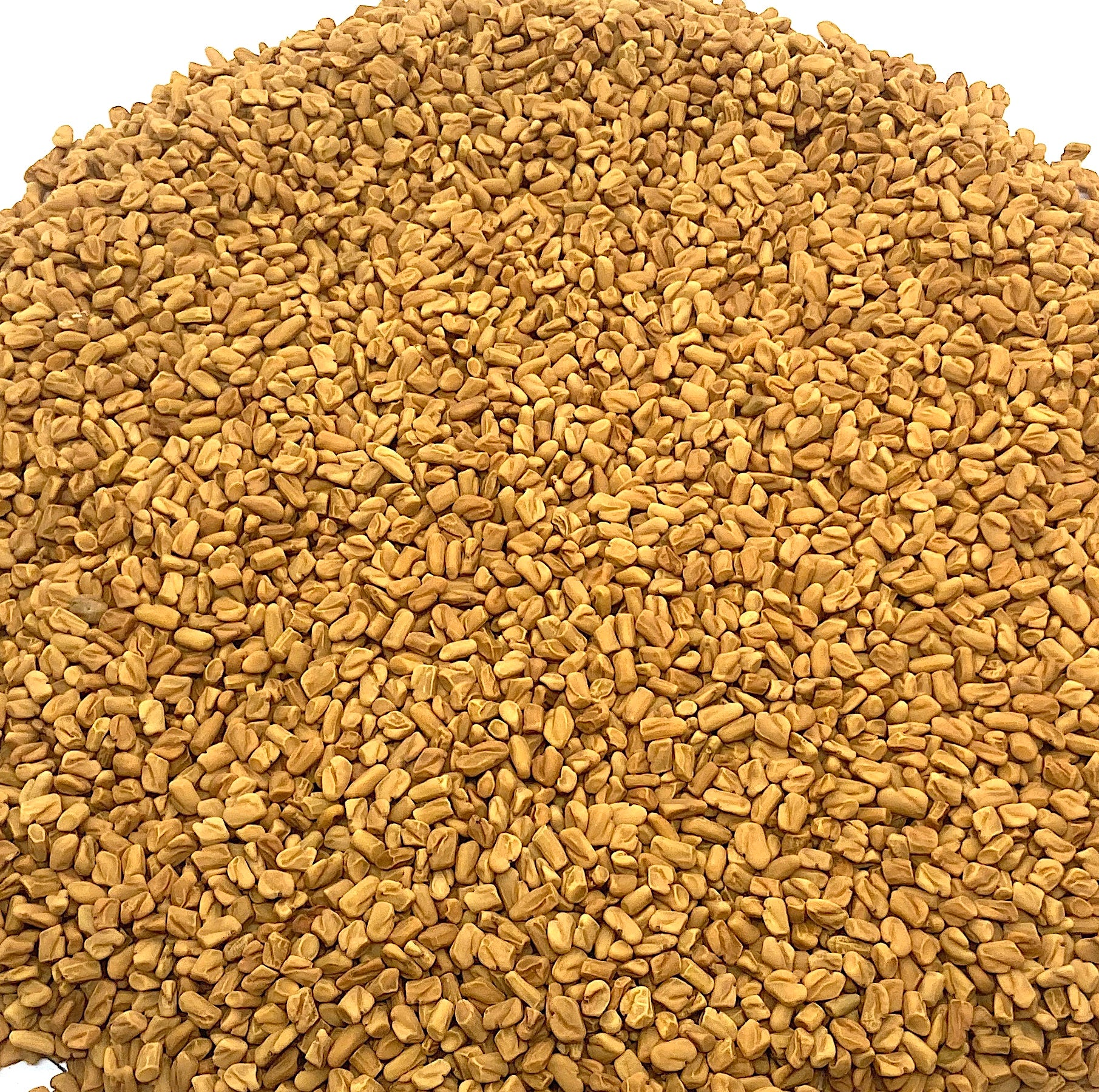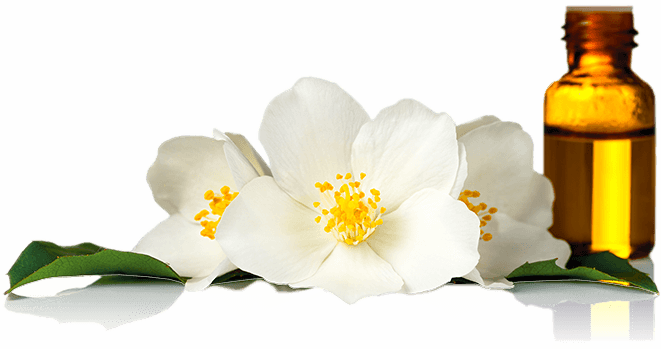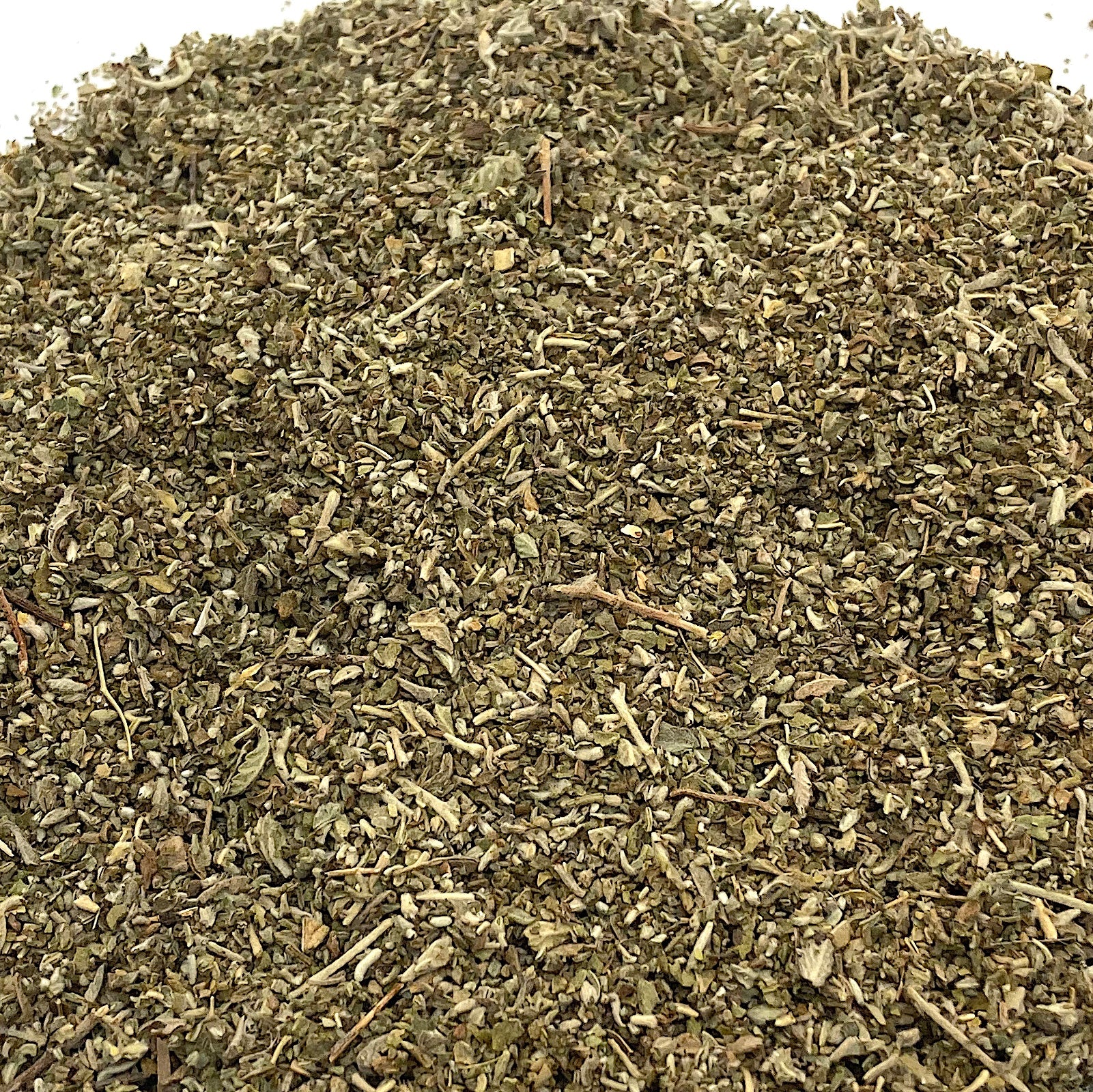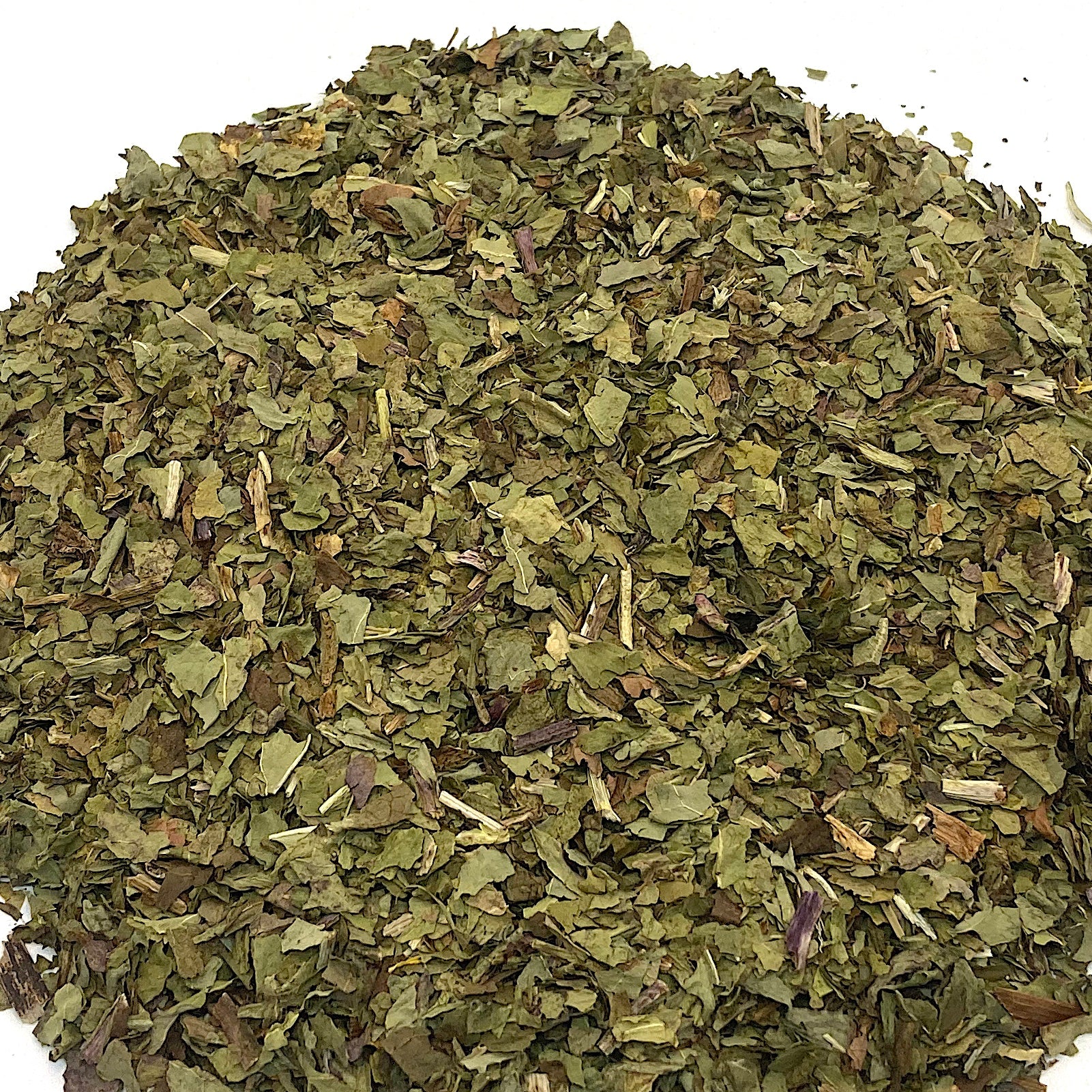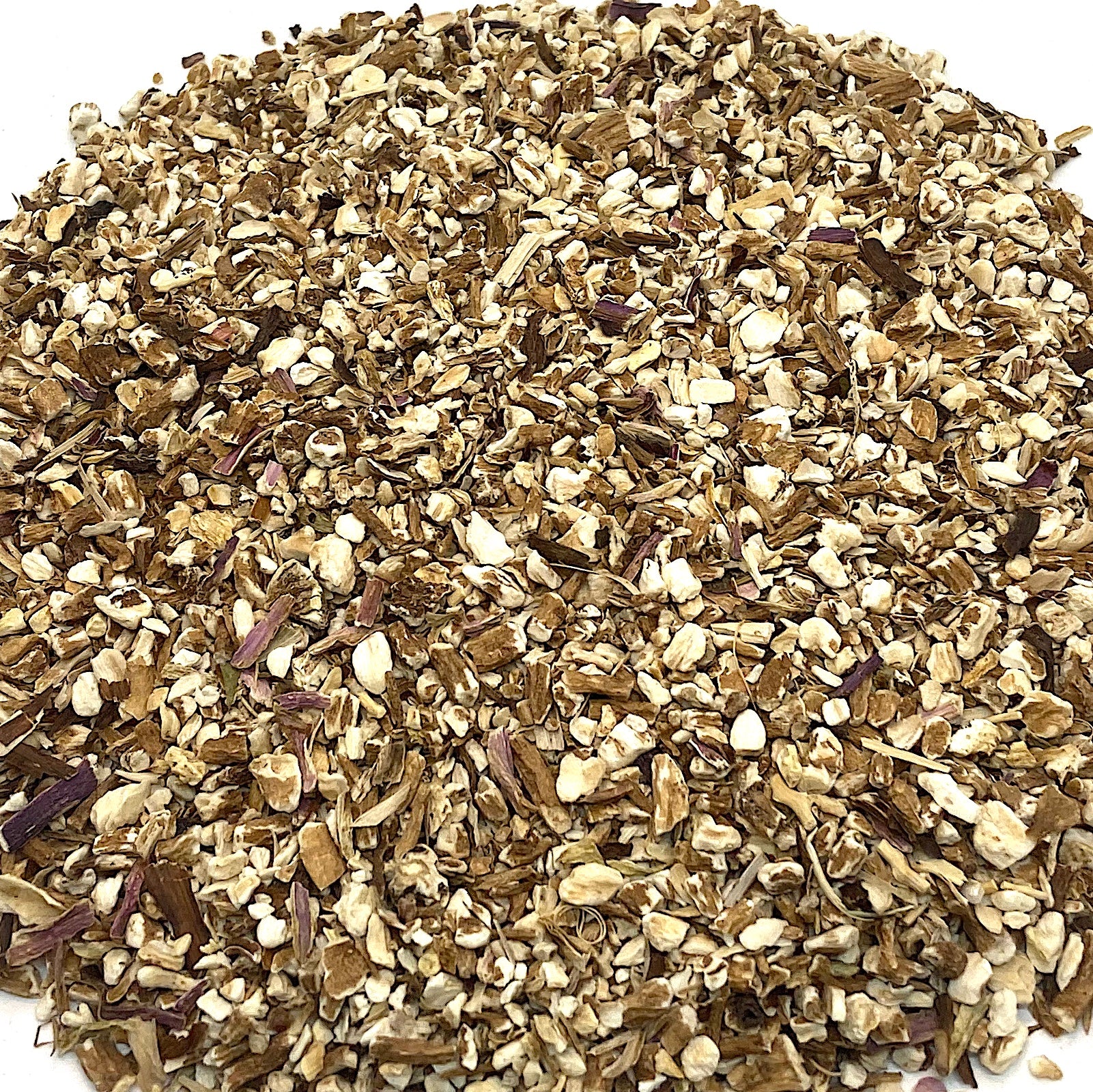Description
INDIA. Fenugreek (Trigonella foenum-graecum) Seed
Common names: Abesh, Alholva, Billy-goat Clover, Bird's Foot, Boyotu, Chinagreye, Greek Hayseed, Halva, Helba, Hu Lu Pa, K’u Tou, Kelabat, Koroha, Methi, Samudra, Shanbalile, Shimli, Sicklefruit, Trigonella
Family: Leguminosae
Fenugreek seems to have originated in North Africa and the eastern Mediterranean zone, with some of the earliest known samples identified in Egypt and present-day Iraq. Early uses included fodder for cattle, food staple for humans, and as a flavoring for wine. The seeds have a pleasant flavor often compared to maple syrup, and a sweet smell that is attributed to sotolon, a lactone that may pervade the body fluids with high intake of the herb.
Currently the largest source of Fenugreek is India; it's also grown in a number of other countries around the world, notably Afghanistan, Argentina, Bangladesh, Egypt, France, Iran, Morocco, Nepal, Pakistan, Spain, and Turkey. It grows best in full sun and, like other plants in the bean family, fixes nitrogen from the air into the soil. Fenugreek seeds or leaves are used in Indian, Iranian, Turkish, Egyptian, Jewish, and Ethiopian cuisines, and the seeds, or extracts of the seeds, are used to flavor curries and many other foods. The seeds can also be grown into tasty sprouts.
Fenugreek is best known as an herb for lowering blood sugar in diabetes, easing stomach and abdominal upsets, stimulating appetite, and enhancing milk production in breastfeeding mothers. It has phytoestrogenic properties and has been used to relieve menstrual cramps and labor pains, and is said to enhance breast development. Fenugreek Seed poultices can be applied topically to heal boils, abcesses, and bruises, to relieve pain and prevent blistering from burns, or to reduce cellulite.
It is rich in mucilage that makes it helpful for soothing gastrointestinal irritation or constipation, sore throats, and kidney stones. Other components include flavonoids, alkaloids, coumarins, saponins, polysaccharides, volatile oils, protein, minerals, and vitamins A, B, and C.
Fenugreek can stimulate uterine contractions and should not be taken during pregnancy.
*These statements have not been evaluated by the FDA. These products are not intended to diagnose, treat, cure or prevent any disease.

